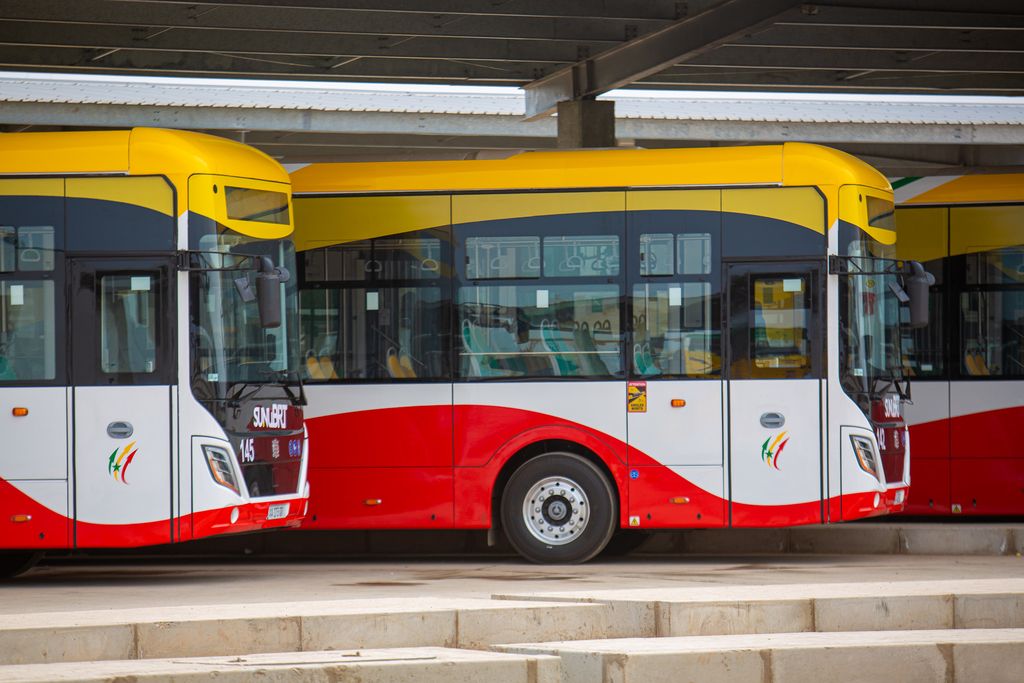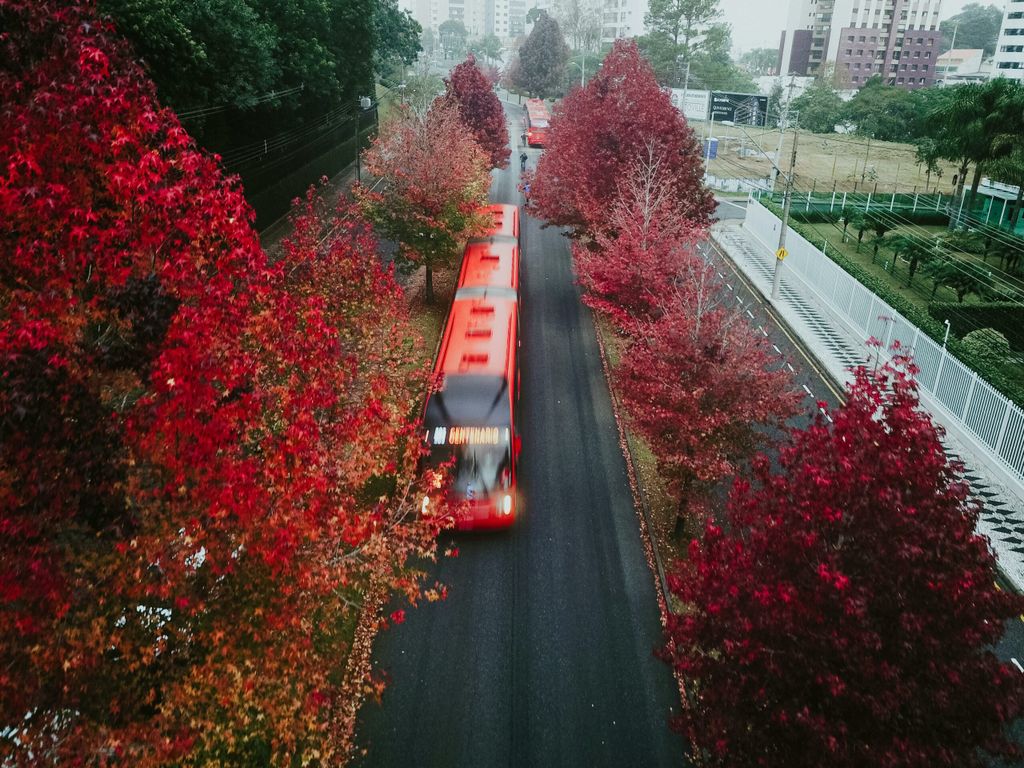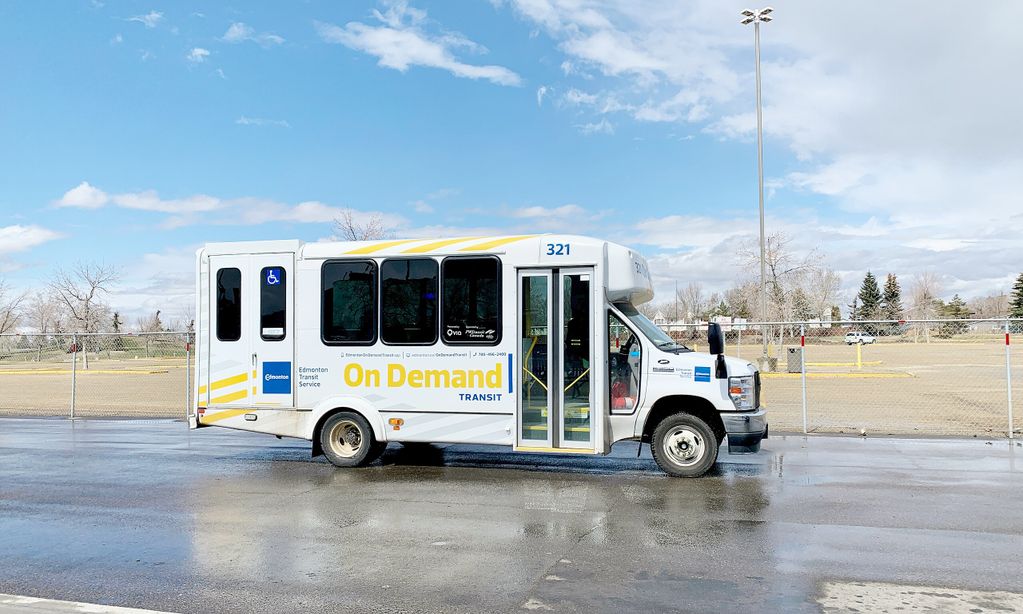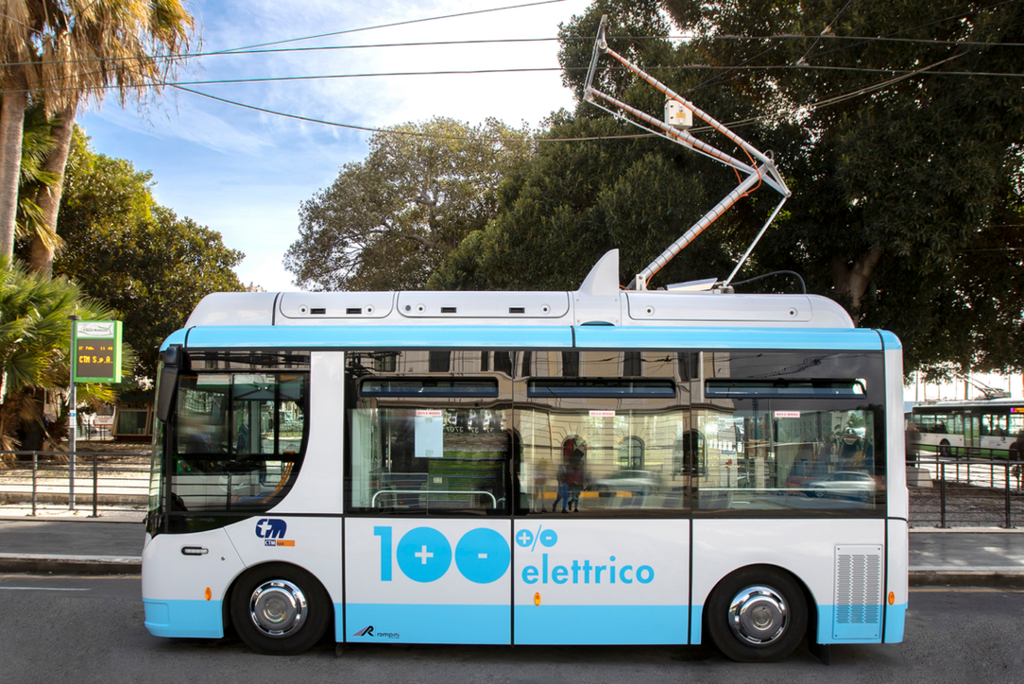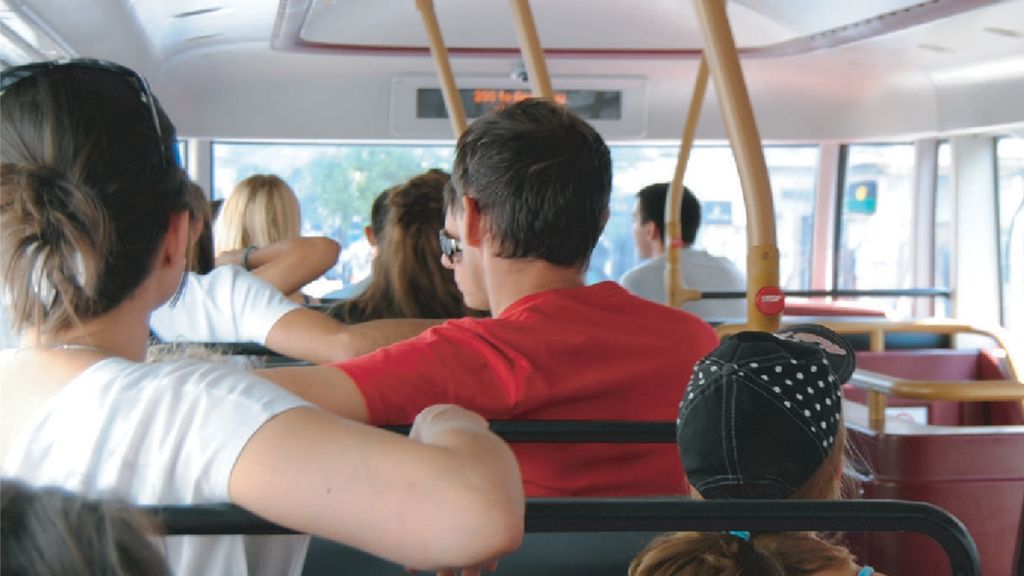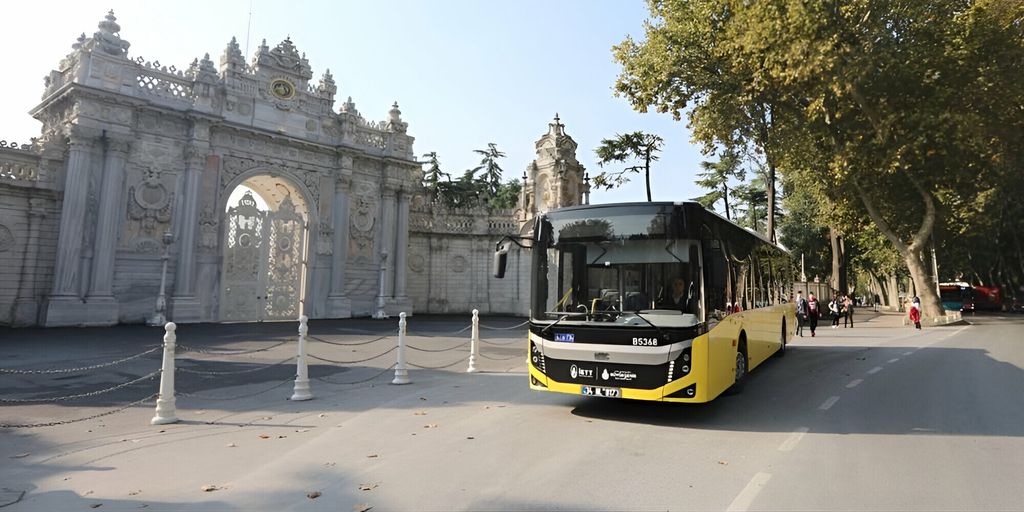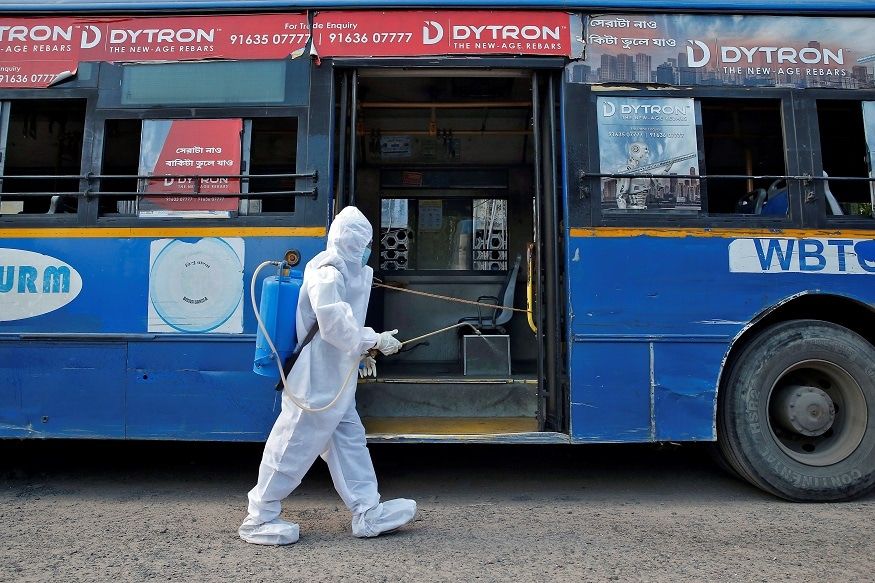
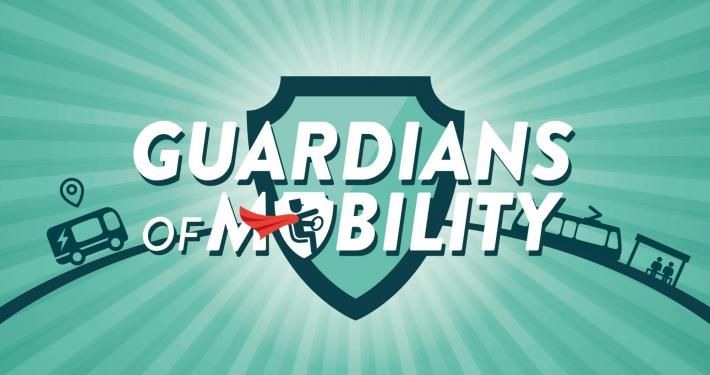
Guardians of mobility- India chapter
The coronavirus pandemic has spread rapidly across the globe, causing a complete halt in daily routines, ripping through our global resources, and in some extreme cases, taking lives. The whole world is in crisis mode, but for what may be the first time in history, we’re fighting a common enemy.
Public transport is the backbone of cities, providing anessential serviceto keep cities moving, particularly in times of pandemics. The key objective for public transport operators therefore has to bemaintaining a minimum service.
To that end, UITP has released aFactsheet (in several languages)providing recommendations for its worldwide community of members onhow to prepare their transport networks for this pandemic, and ensure the safety and wellbeing of staff and customers.
Situation in India
Government of India (GoI) has imposed a 21 day lockdown between March 25 and April 14 to contain the spread. GoI has included ‘limited public transport’ as one of the 10 essential services to be provided during the lockdown period. As a result, all public transport services aren’t providing regular services during this time –including regional and suburban rail systems, metro rail systems, intercity and urban bus systems. Other commercial passenger mobility services such as auto-rickshaws, app-based ride-hailing services such as Ola and Uber have also been asked to stop services.
However, State Transport Undertakings (STUs) in-charge of public bus services across India are essentially acting as theGuardians of Mobilityduring these troubled times. They are maintaining a minimum services level to ensure, essential services workers are able to travel to their home and work, few cities are ferrying passengers to hospitals.
Guardians of Mobility from India
Andhra Pradesh (State)
Andhra Pradesh State Road Transport Corporation (APSRTC) is plying 8 buses in Vijaywada, five in each Tirupati and Anantpur for transportation of essential commodities and other emergency services to reach out to people. Read more
Bangalore
The Bangalore Metropolitan Transport Corporation (BMTC) on Thursday ran 180 buses to ferry people involved in essential services. However, as per the social distancing rule it allowed only up to 20 people to travel in a bus at a time Police are distributing curfew passes to essential-services staff, who can board BMTC buses by showing these passes and their department ID. Buses will cover routes where hospitals are located. Employees of government departments (central and state) and state-run corporations, medical professionals, security guards, bank officials and blood donors can board these buses. Read more
Chennai
Metropolitan Transport Corporation (MTC), Chennai is operating about 200 buses to move Government staff and medical staff involved in provision of essential services during lockdown. Read more
Delhi
In Delhi barring DTC and cluster buses, all other modes of transport, including Delhi Metro trains, taxis, autorickshaws and e-rickshaws, have been taken off the road due to the 21-day nationwide lockdown announced in a bid to curb the spread of the deadly coronavirus. The Delhi government has provided masks and hand sanitisers to the staff of public transport buses that are serving as the lifeline of the city during the lockdown by transporting people associated with essential services. Read More
Goa (State)
Kadamba Transport Corporation – Government of Goa is operating a few buses for essential services under Disaster Management Authority
Kerala (State)
Kerala State Road Transport Corporation is currently operating around 100 buses for essential services, it is likely to be increased in coming days
Maharashtra (State)
Maharashtra State Road Transport Corporation (MSRTC) is operating an additional 350 buses in the larger Metropolitan area of Mumbai while no other services are provided in the rest of Maharashtra
Mumbai
Brihanmumbai Electric Supply and Transport (BEST) is operating about 1600 buses within Mumbai and its surrounding regions such as Navi Mumbai, Thane, Vasai, Virar to facilitate movement of staff involved in essential services. The Bus services has been made free for employees of essential services, new routes have also been introduced to assist the hospitals operating isolation wards. Read more
Scaling up public transport services during and post lockdown
Many sections of the society involved in providing the essential services allowed by the Government would need daily mobility services. These include health workers providing medical services, Government staff in-charge of management of the lockdown, banks, staff and delivery agents of the stores selling daily needs such as milk, groceries, vegetables and fruits, cooking gas, petroleum/ diesel fuel stations.
The current mobility needs and the likely increase in needs post the lockdown warrant provision of increased public transport services for the movement of people. At the same time adequate care needs to be taken to ensure that public transport doesn’t end up as a source of community transmission of the virus. Some measures that Indian transit agencies may consider in preparing for a scale-up of their services during and post-lockdown*[1]
- Protection for front-line staffis the foremost responsibility of transit agencies as the drivers, conductors, ticketing staff and maintenance staff who interact with the passengers and vehicles closely are at the highest risk of direct contact with the virus. The agencies need to provide adequate protective equipment like face masks, regular on-site temperature checks and 24X7 emergency medical assistance for the staff
- Sanitation of the fleet and premises: The transit agencies fleet, passenger terminals, depots, canteens and back-end offices need to be regularly sanitised with appropriate disinfectants. The guidelines issued by the GoI for sanitation of public places can be foundhere
- Physical distancing within the services:Once the travel demand increases, transit agencies need to ensure that the passengers on-board the vehicles maintain adequate physical distancing norms of 1 between persons as suggested byGoI. In case of buses, capping of total occupancy to 20 passengers per a standard 12m bus and allowing seating only in alternative seats may be explored
- Service planning to ensure adequate Level of Service (LoS):While the expected demand for public transport may not be high during lockdown and immediately after it, it is still necessary to maintain adequate LoS to ensure that buses aren’t crowded with passengers-therefore violating the physical distancing recommendations of GoI. Cities like London, Vienna are operating on weekend/ holiday schedules which already factor-in the lower demand travel patterns in the city. Even the staff have familiarity of operating these services. Cities also need to identify the critical routes which ensure connectivity to the entire city/ region and maintain adequate LoS on these routes by setting a policy frequency irrespective of the demand and profitability
- Verification of passengers:Adequate care may be taken by local authorities-particularly during the lockdown- to ensure that only passengers with adequate permission to travel are allowed on-board. Handheld infrared temperature monitors may be deployed wherever feasible to carry out regular checks
- Free public transportmay be explored-particularly during the lockdown period for people delivering essential services and other users travelling out of necessities.
In conclusion, we’d like to applaud our bus agencies for their efforts to respond to the COVID-19 management and essential service provision. They’re the trueGuardians of Mobilityin this time of crisis. It’s now time for them to look ahead to the remaining portion of the lockdown period and times beyond such that they’re adequately prepared for scaling up their services while taking adequate care of their staff and passengers.
**We will be updating this page regularly with more such gratifying stories of Public Transport Operators who are serving us at such difficult times
[1]The measures suggested here are based on secondary information available in public domain. Transit agencies are advised to evaluate all options and safety precautions in consultation with the local health advisories before implementing these measures.




